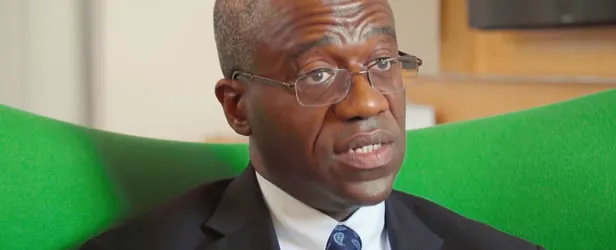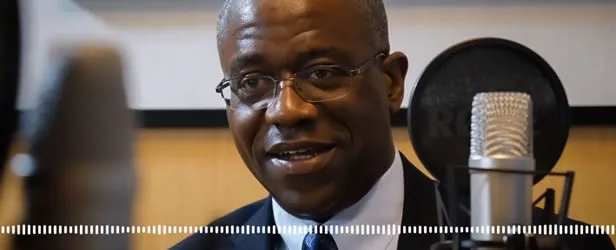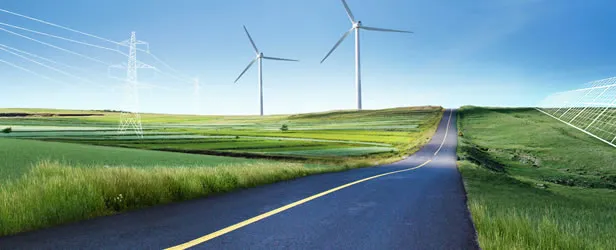Rethinking climate policy: a holistic approach
The energy industry is widely recognised for its role in addressing climate change. However, it’s important to remember that other sectors – from agriculture and transportation to manufacturing – must equally evolve to ensure a faster transition towards renewables. Dr Lawrence Jones, Vice President, International Programs, at the Edison Electric Institute (EEI), discusses the importance of taking a holistic approach to this global issue, including the need for more inclusive policy change.
With billions of people in the world still lacking basic access to electricity, Lawrence explores the complexities around the idea of “inclusive transition” and how developing economies will require ongoing support and empathy from the rest of the world if they are to access cheaper renewable energy systems in future. We conclude the episode by asking Lawrence what the EEI is doing to harness, the new, collective focus on climate emergency in order to progress the energy transition.


